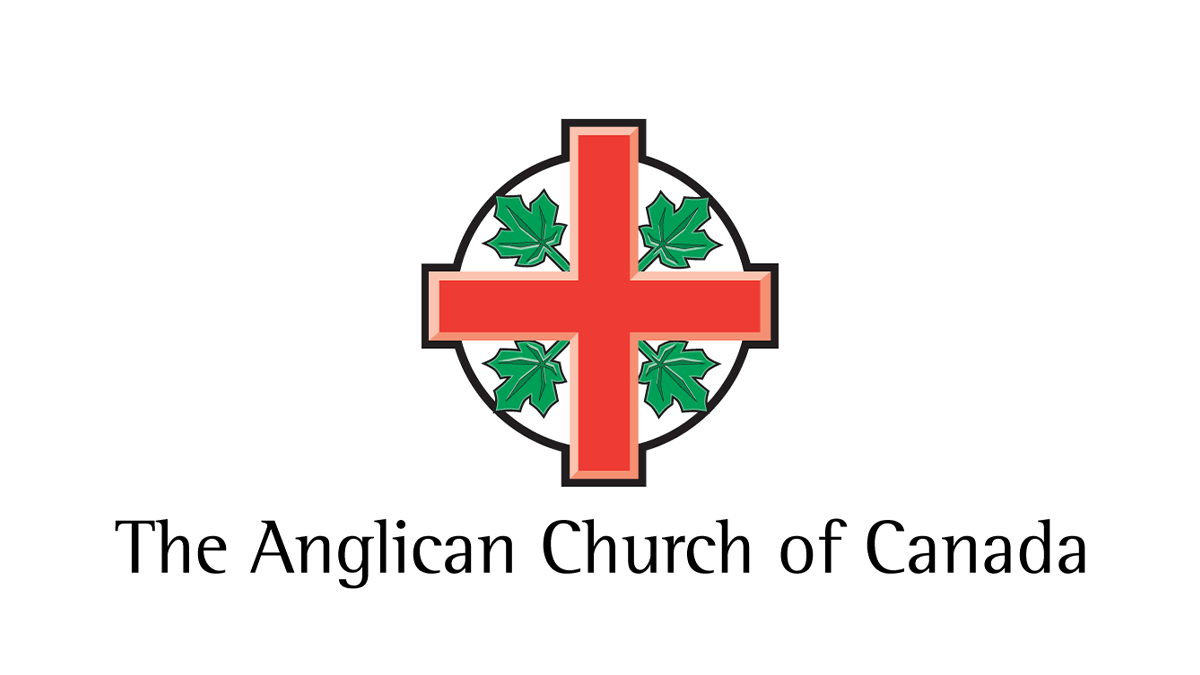Canadian Anglican giving to the national church’s main appeal and development arm was steady last year, but donations to the national newspaper fell dramatically.
The Primate’s World Relief and Development Fund and the Anglican Appeal both report similar donation tallies for 1999 as they received in 1998. Each was down slightly, but final figures from the largest diocese, Toronto, could bring the numbers up nearly even with the year before.
(The Diocese of Toronto conducts one umbrella financial appeal, called Faithworks, dividing the proceeds among all the charities and appeals at the diocesan and national church levels. Its final figures are often not available until months after the national church’s balances are prepared.)
The national church’s newspaper, the Anglican Journal, grossed 30 per cent less with its appeal in 1999 than in 1998. It grossed $132,617 last year, down from $190,568 the year before.
After expenses and an even split with dioceses with which it shares donations, the Journal was left with $68,013, down from $85,292 in 1998.
The Journal appeal goes to 25 of the national church’s 30 dioceses. It splits donations with 23 of those 25 dioceses; two dioceses — Yukon and British Columbia — permit the Journal to keep all donations.
Journal business manager Larry Gee attributes the lower numbers to a decision to reduce administration expenses by scaling back the appeal package. While in previous years, the appeal went out as an insert to the paper, including a donation envelope and letter from either the editor or a high-profile Anglican, the paper last year just sent out envelopes.
The decision to forego the appeal package and simply send out donation envelopes last year was purely a financial one, said Mr. Gee.
“We were really trying to reduce the costs, but, unfortunately, it really decreased the donor numbers instead,” he said, adding that the donation envelopes were more easily lost than the whole information package from previous years. “It was harder to miss the package.”
The Journal will likely return to the package of information this year.
Also contributing to the drop in donations was the fact that the Diocese of New Westminster, one of the more lucrative dioceses for the Journal appeal, opted out last year.
(In 1998, the appeal netted New Westminster and the newspaper more than $7,500 each.)
Meanwhile, PWRDF is reporting nearly identical numbers in 1999 and 1998. It netted $2,868,749 in 1999, down only about $600 from the year before. Final figures from the Diocese of Toronto will likely bring that tally up, says Jill Martin, PWRDF’s financial and systems manager.
As in previous years, the Primate’s Fund wrestled last year with the dilemma of designated donations, which tend to occur when secular media play up stories such as the plight of Kosovar refugees, Hurricane Mitch or floods in Venezuela. Each time a disaster hits the news, Ms. Martin said, Anglicans are quick to respond, often with designated donations for those particular regions. But that cantake away from the ongoing needs and projects of PWRDF’s partners.
“For instance, we never get any designated donations for the African continent, and the need is always urgent there,” said Ms. Martin.
While the development group appreciates all donations tremendously, she added, “sometimes it’s best to designate for where the needs are greatest.”
The Anglican Appeal, which raises funds for work in Canada’s north and overseas missions, saw a small drop in its donations last year.
Grossing $923,333 in 1999, it will provide $538,912 to General Synod, after expenses and the splitting of proceeds with six dioceses. Its goal was to give General Synod $550,000, but donations dropped in December, 1999, when they normally would pick up, said Gail Holland, appeal co-ordinator.
In 1998, the appeal provided General Synod with $586,338 — $56,000 more than the national church had asked for. As a result of increased donations in 1998, General Synod bumped up its expectation of the 1999 appeal to $550,000, from $530,000 in 1998.
“I thought we were going to have a bumper crop (in 1999),” says Ms. Holland. “Most of our money comes in in October, November and December, but for some reason it trickled off in December.”
Ms. Holland says there is no evidence that donations to the appeal are down because of the misconception that funds may be going toward the costs of residential school lawsuits. Only two donors have mentioned lawsuits: one asked to be taken off the mailing list because she did not want her donation going to lawsuits, and another suggested the establishment of a fund specificallyfor litigation costs.
“The trouble is, people might not give and not tell us why,” says Ms. Holland.
While she has not noticed any trends in giving in recent years, Ms. Holland says a letter from the bishop explaining where the appeal proceeds go has been profitable in nearly all of the eight dioceses where such letters have been sent.
